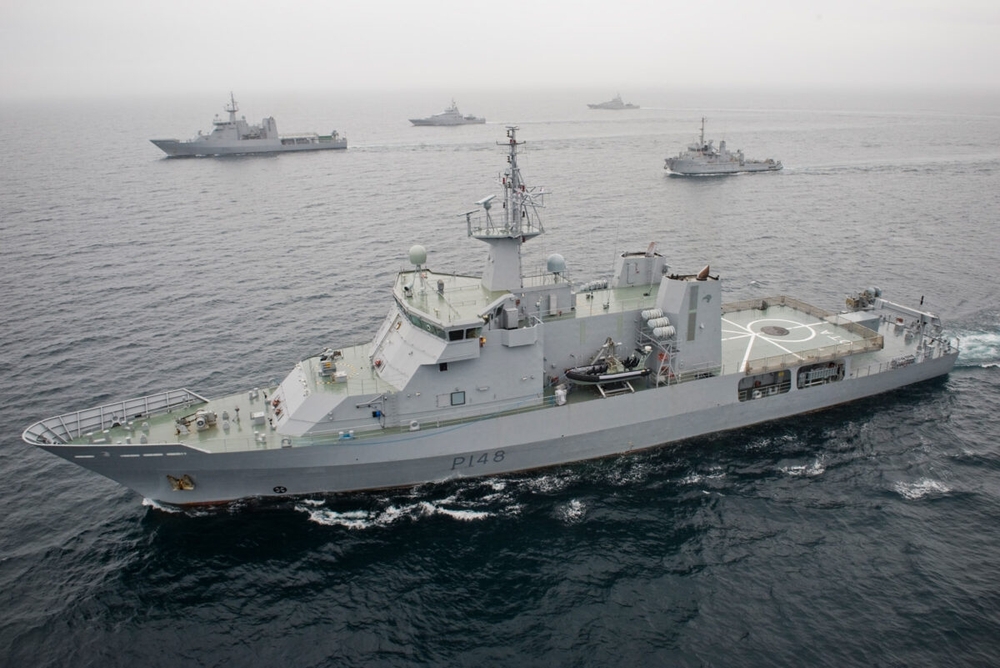Published
- 2 min read
Turkey's Black Sea Balancing Act: Navigating Geopolitical Tensions

Turkey’s Strategic Importance in Eurasia
Turkey occupies a unique position as the bridge between Europe, the Middle East, and Central Asia. This geographic advantage grants it significant leverage in Black Sea security, international trade, and energy transit. The Bosporus and Dardanelles Straits, critical maritime chokepoints, underscore Turkey’s importance in controlling access between the Mediterranean and Black Sea.
Regional Security Dynamics and NATO Commitments
Turkey’s role within NATO places it at the forefront of Black Sea security. The activation of the Black Sea Mine Countermeasures (MCM) Task Force in 2024, in collaboration with Romania and Bulgaria, showcases its commitment to ensuring safe navigation amidst the Ukraine conflict. This cooperation aligns Turkey’s regional aspirations with NATO’s broader strategic objectives.
Complex Relations with Russia
Turkey’s relationship with Russia is a delicate balancing act. While the two countries share economic ties, particularly in energy, their competition for influence in the Black Sea and South Caucasus remains evident. Turkey’s refusal to impose comprehensive sanctions on Russia illustrates its nuanced approach, striving to maintain economic benefits while addressing regional security concerns.
Energy Security: A Pillar of Turkey’s Strategy
Recent discoveries of natural gas in the Sakarya field and ambitions to become a regional energy hub underline Turkey’s focus on energy independence. Through initiatives like the Trans-Anatolian Natural Gas Pipeline (TANAP), Turkey aims to diversify its energy sources, reduce reliance on Russian imports, and position itself as a critical transit point for Europe.
Scenarios for Strategic Alignment
Turkey’s geopolitical strategy is shaped by evolving conflicts and alliances. Four potential scenarios for its Black Sea alignment include:
- Pro-Western Alignment: Strengthening ties with NATO and the EU to counter Russian influence.
- Pro-Russia Tilt: Aligning with Moscow if Russia achieves dominance in the region.
- Regional Leadership: Asserting autonomy by fostering partnerships with Black Sea and Central Asian nations.
- Balanced Neutrality: Maintaining a mediator role without fully committing to either NATO or Russia.
The current trajectory suggests a preference for “Balanced Neutrality,” allowing Turkey to navigate tensions while maximizing diplomatic flexibility.
Challenges to Turkey’s Regional Aspirations
Turkey’s ambitions face significant hurdles, including economic instability, post-earthquake reconstruction demands, and inflation. Additionally, perceptions of ambivalence in its foreign policy could hinder its influence among allies and partners.
Conclusion
Turkey’s role in the Black Sea reflects its broader geopolitical strategy: leveraging its unique geographic position to balance relationships with global powers, secure energy independence, and assert regional leadership. As conflicts in Ukraine and the Middle East evolve, Turkey’s ability to adapt its strategy will determine its success in shaping the region’s future.
